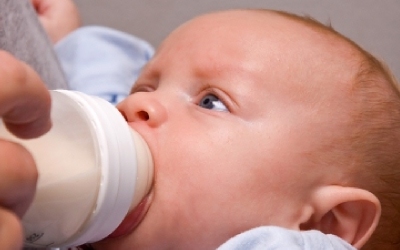More Perks, Less Support: Adoption Passport Pros and Cons
If you adopt a child, you will be able to jump the queue for places at the best schools and qualify for free holidays help them adapt. This is according to new government guidelines, which form the centrepiece of a pitch by ministers to attract more couples to consider offering children a permanent home.
This “adoption passport” has, for the first time, drawn together all the different forms of support available to families considering adoption in one place. However, family wellness could suffer as a result of this scheme, as a separate Government-funded research paper has highlighted concerns that this drive by ministers to speed up the adoption process may create bottlenecks in social services system. This means that families could potentially be left without the specialist support they need after they have already taken in a child.
According to the study, three quarters of families only turn to their council for adoption support once they have reached “crisis” point. Your council is legally obliged to provide you with support if you choose to adopt, but the study found evidence of “gaps” in services most heavily relied upon by adoptive parents in many areas. These areas of support involve extra teaching for children with educational needs, counseling and psychological support for those from troubled backgrounds, and financial support, parenting classes and respite care for adopters themselves.
Edward Timpson, the children’s minister, commented, ‘For too long children have been left waiting – in many cases over two years – for the stable, loving homes whilst prospective adopters have been dissuaded from offering those children the security they need. So we’re overhauling the system to encourage more people to adopt, and making it swifter, more effective and robust. The Children and Families Bill will place a new duty of local authorities to inform adopters about the support available to them. Alongside the adoption passport this will tackle misconceptions which we know put off potential adopters.’
However, Hugh Thornbery, chief executive of the charity Adoption UK, argued, ‘There is a certain irony in this new initiative being called a passport to support when a number of adoptive families will still be denied a smooth course along their adoption journey. As a national membership organisation and support charity we have listened first hand to the experiences of numerous adopters struggling to access support. We know that families parenting some of the country’s most traumatised children are unable to access vital support.’

Comments are closed.